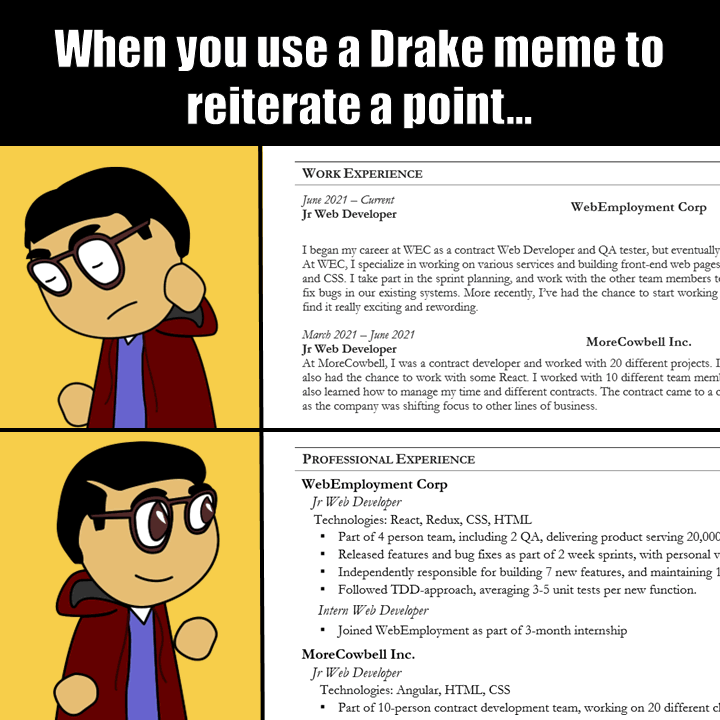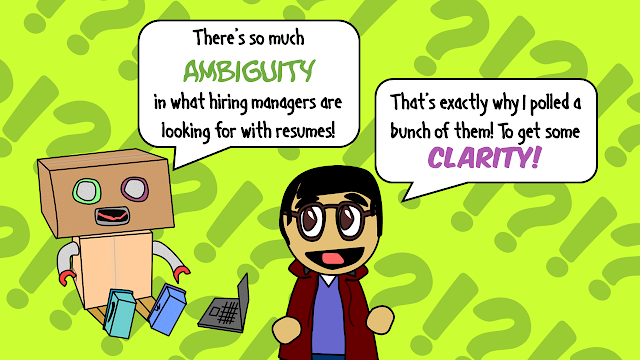A Video Game So Real, It's No Longer Your Second" Life
Umberto Eco, in How to Travel with a Salmon wrote of the best possible map one could have. To paraphrase the general idea, the map would be one you could unfold, orient it to the direction you're facing, and walk along towards your destination. By the time you arrive at your destination on the map, you should have arrived at your destination in the real world. Quite obviously this map would be impossible, but it would also be rather pointless.
How about video games? Would the best video game be one you could step within, and try and achieve goals where, upon their achievement, you'll have achieved the very same in the real world? Would this video game be equally impossible and pointless?
It's pretty unlikely that we'll ever be able to create a game this realistic, since for it to be so realistic that there would be no way to discern it from reality, the game would have to be reality itself. In other words, to be able to control the character, such that I would not be able to tell the character from myself, I would need to control every aspect of the character from the feet, fingers, eyes, thoughts, ambitions, and aspirations. I would feel hurt when the character feels hurt, sad when the character is sad, and I would laugh when the character laughs. In every sense be, I would be the character's consciousness - conscious of all that occurs to this character, and drive all thoughts. The only way I could plausibly work with this character, and understand their motivations, is for the character to actually be me.
For the character to not be me, all my actions would thus be a set of assumptions based on the very perceptions I'm trying to trick into confusing the virtual from the real.
Thus, I would have to be me. All the surrounding characters would have to be the very same people I know in my life, the setting would have to be the same that I am physically within. In short, the world could not be constructed differently. This probably is reminding you of the Matrix - except for a key distinction: In the Matrix, the computer world is completely created from scratch. That is, "Mr. Anderson" isn't living in a real world, and so the characters in the computerized world are, to him, virtual. His real world is isolated, and sheltered. The world his consciousness observes is built on deceit. In our case, we are discussing a video game one starts playing in the midst of their life - a life in which there have already been a vast array of experiences, of formed opinions, and so on. To even play a game this sophisticated requires something more advanced than a Wiimote...
This video game is just like the map that of Umberto Eco's. A 1:1 scale ratio. And this game is just as pointless. Rather than walk the map, you may as well walk the city. Similarly, rather than play the game, you may as well live your life. A video game like this is, in essence, pointless - a game whose only goal is to see whether the senses can be fooled.
For a video game to have any point, it must be in some way different from life. Enter Second Life - a world allows one to virtually change all the things they find displeasing in real world. You can make yourself better looking, albeit more pixelated. You can get yourself a better job, a nicer car. From the comfort of your own desk, you can overcome your fears, your can experience the experiences of others. In short, a major reason why one would have any interest in Second Life - the whole point of the non-pointless Second Life is to make it the life you wish you had, or a life you wish you could experience. In other words, one wants it to have discernible differences.
It's possible there's more to Second Life than what I've suggested. Perhaps the opportunity to meet people from around the world, or just building community. Yet this is all designed to have an identifiable difference. Namely, it's a world which has it's own dimensions, in which our own real world dimensions do not exist. A girl in France can be standing right next to you in Second Life, while your best friend may be miles away within the game... And if they're a good best friend, they'll keep their distance as you talk up the French girl.
Our interest in video games rests on limitations. The best video games reduce the limitations, while also harnessing the very limitations for it's own benefit. A good example is the Grand Theft Auto series. As far back as the first GTA, people realized they didn't need to complete missions. They could make the game their own - stealing cars, running from cops, and just collecting points. Of course, you couldn't lead a noble life, though. You were limited by the game at this point. One could not register in an in-game seminary school, and follow a life seeking further enlightenment. The game took this limitation and eliminated it - to provide a certain experience. In the GTA world, one is free to play the game the way they want, so long as they play it in a manner similar to how it was intended.
An even better example though, is World of Warcraft. World of Warcraft - an Fantasy based Second Life, allows you to create your character and otherwise be completely free. You can wage battle, join groups, pillage, farm, even meet cute French girls. Some don't even play World of Warcraft, but rather work within it - building up the points of a particular character and then selling it on eBay. Others play the game as they would Second Life. And some go so far as to put on full on productions of Shakespeare's plays, with Orcs substituted for humans (not too far off from Shakespeare's day in which substituted men for women). World of Warcraft is a game in which the realm of limitations have been drastically minimized - it is for you to make of it what you like. Yet even within this game, you're stuck be a series of limitations and rules that allow the game to work, that allow the game to progress. True freedom would be to step beyond these limitations and rules - but if the limitations didn't exist, it just wouldn't be fun.
So what's my point in all this? Going back to Umberto Eco: Unless that map has something different within it, to offer - maybe some historic facts that appear as you walk the streets, or virtual popups that tell you about upcoming events, coupons to restaurants - what would be the the point in using a map so true to life, when it can be mistaken for the real thing?
If the game doesn't offer a clear premise, purpose or experience - what's the point? Unless, of course, the point is for you to decide the point... (and isn't that kind of what Socrates said about the unexamined life?)





